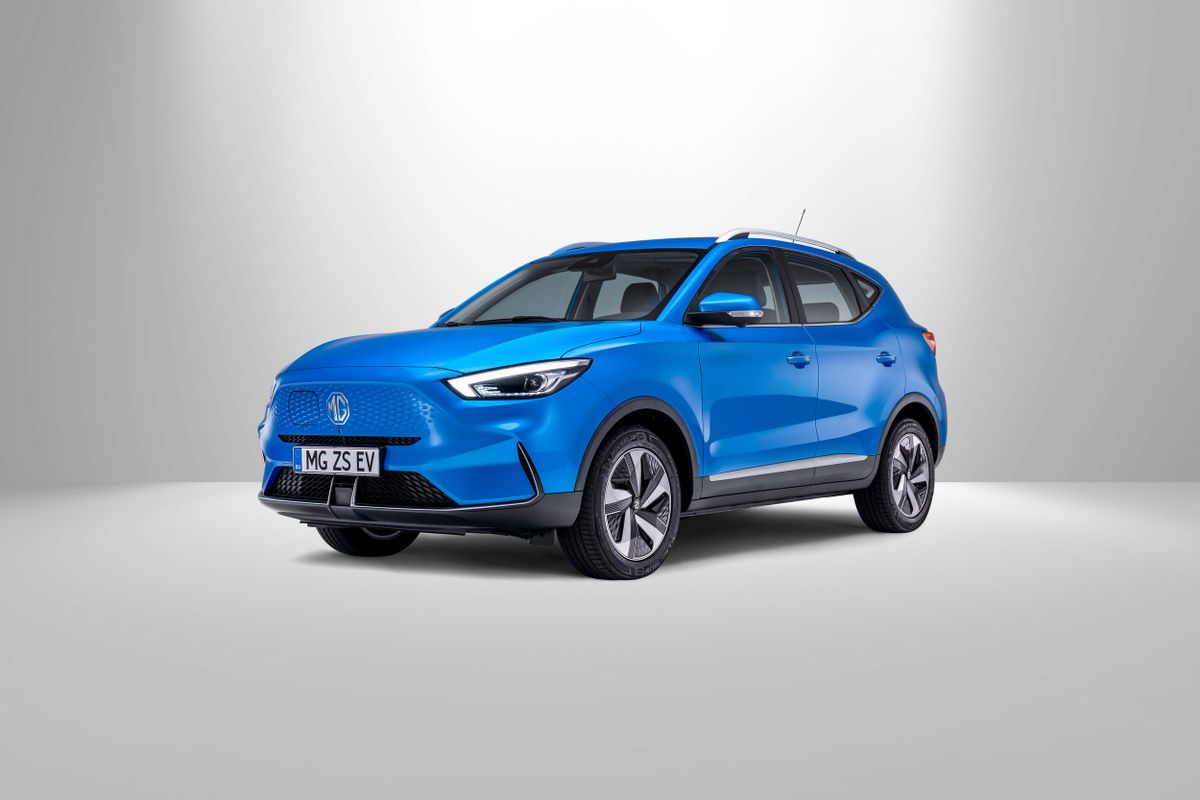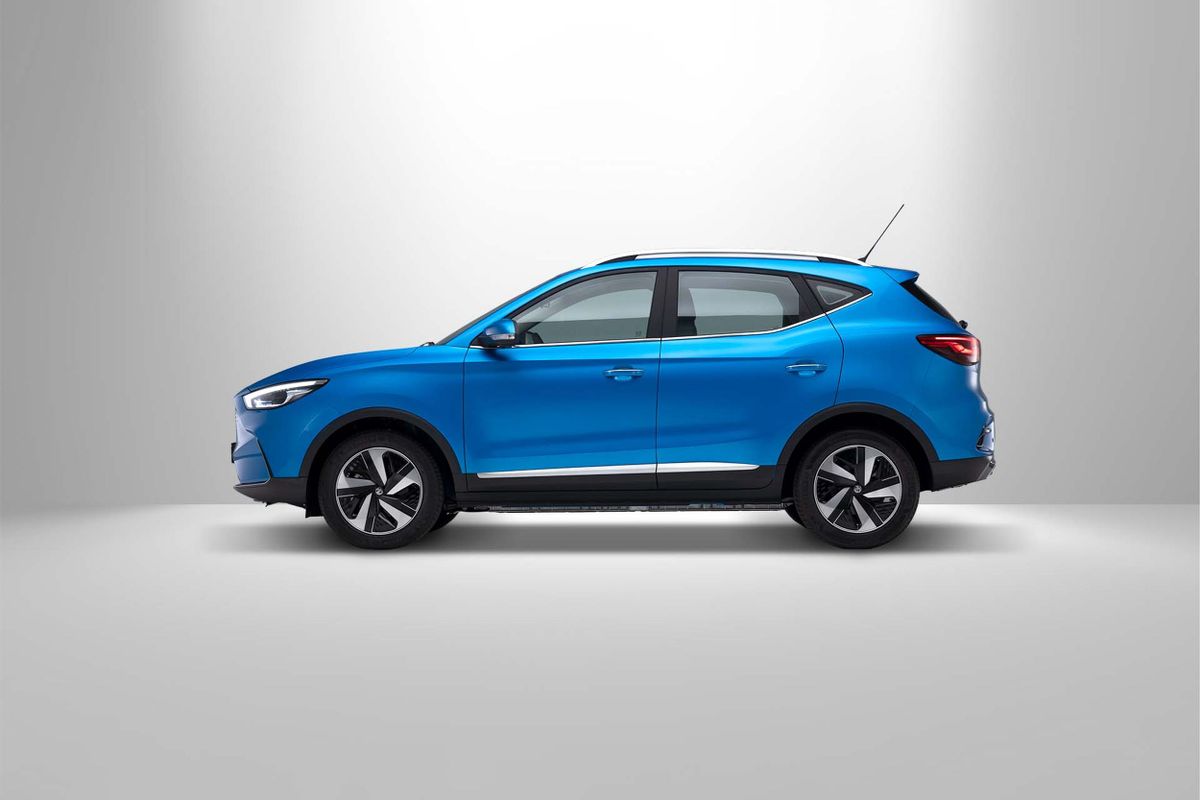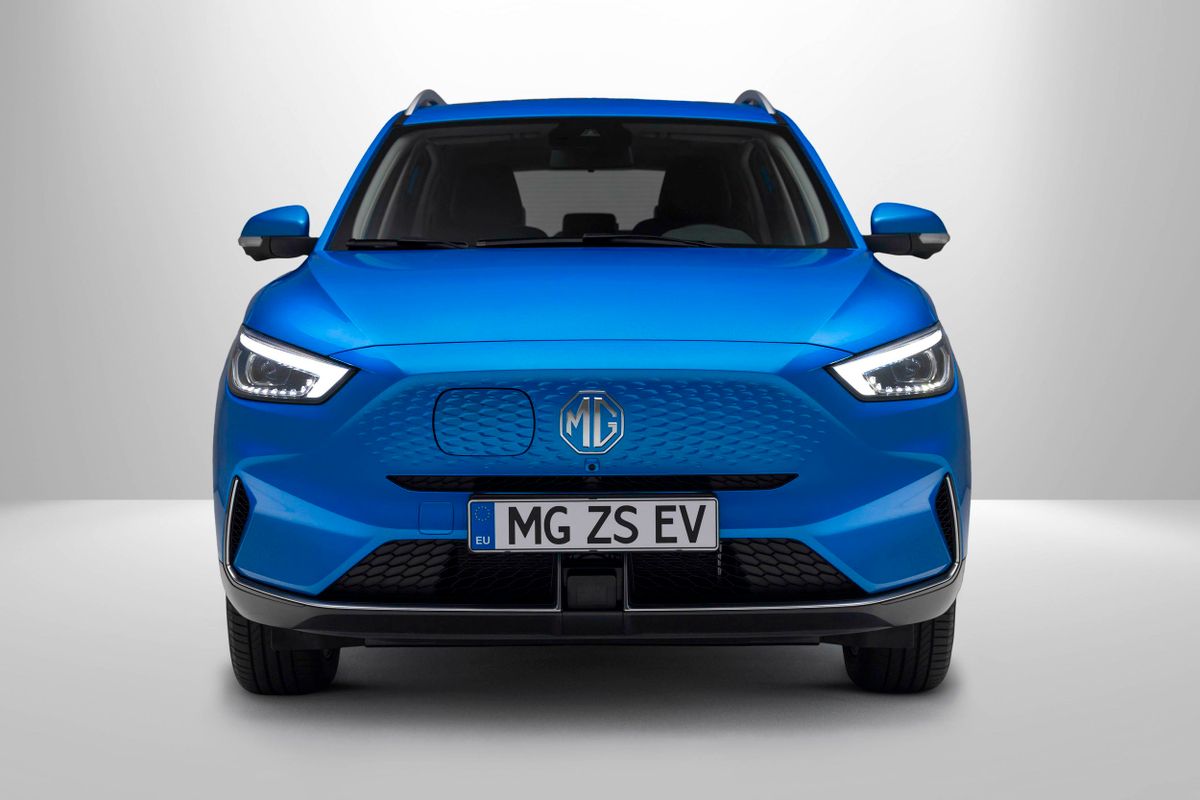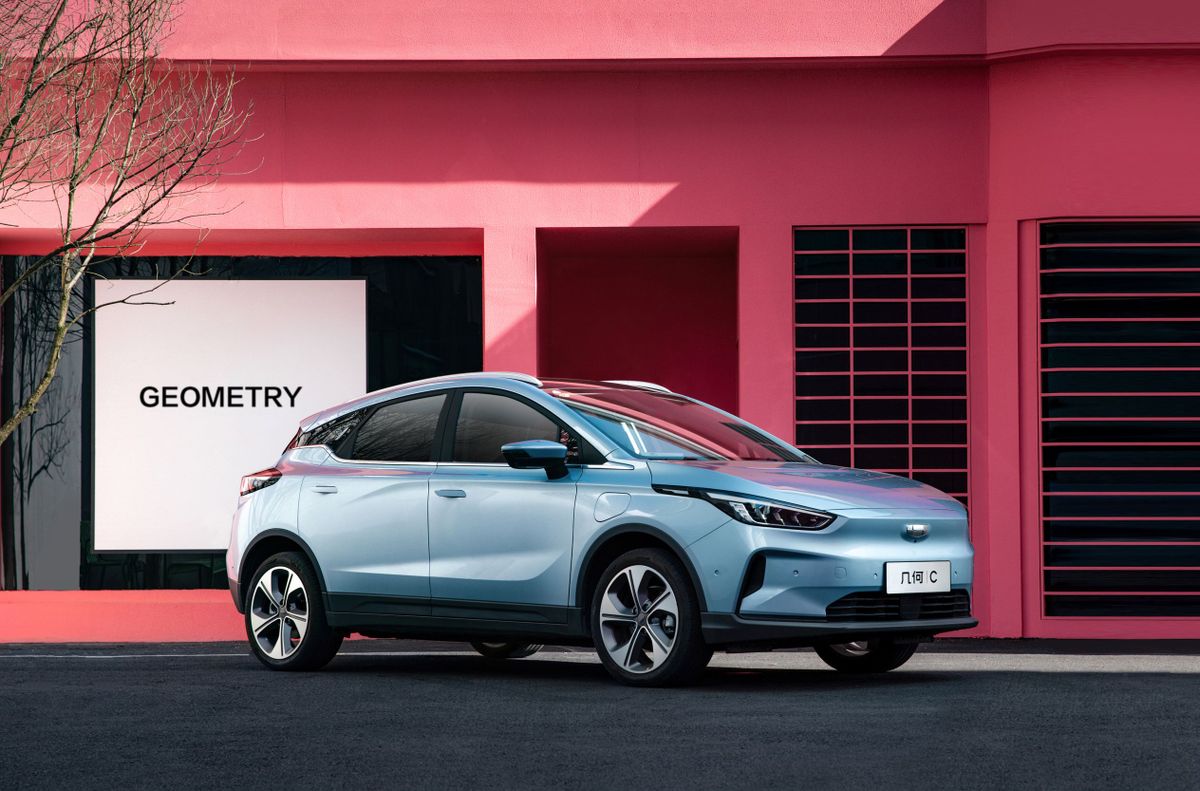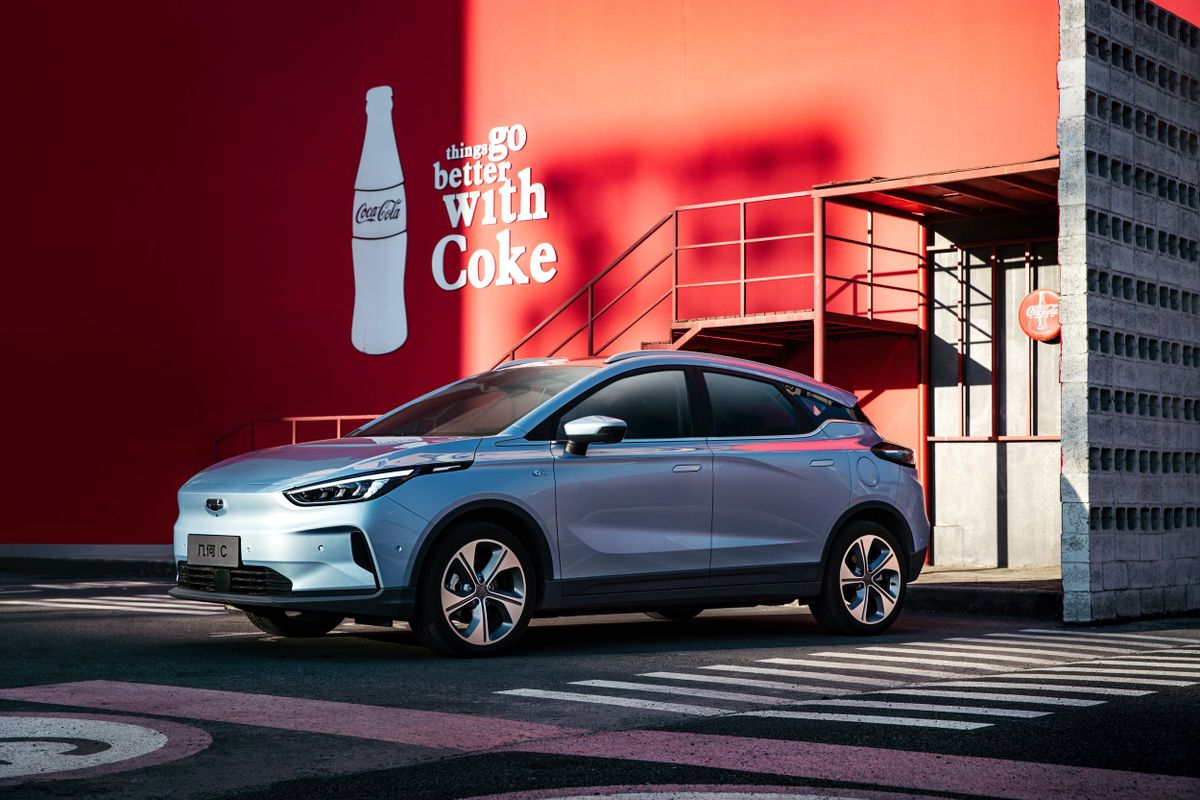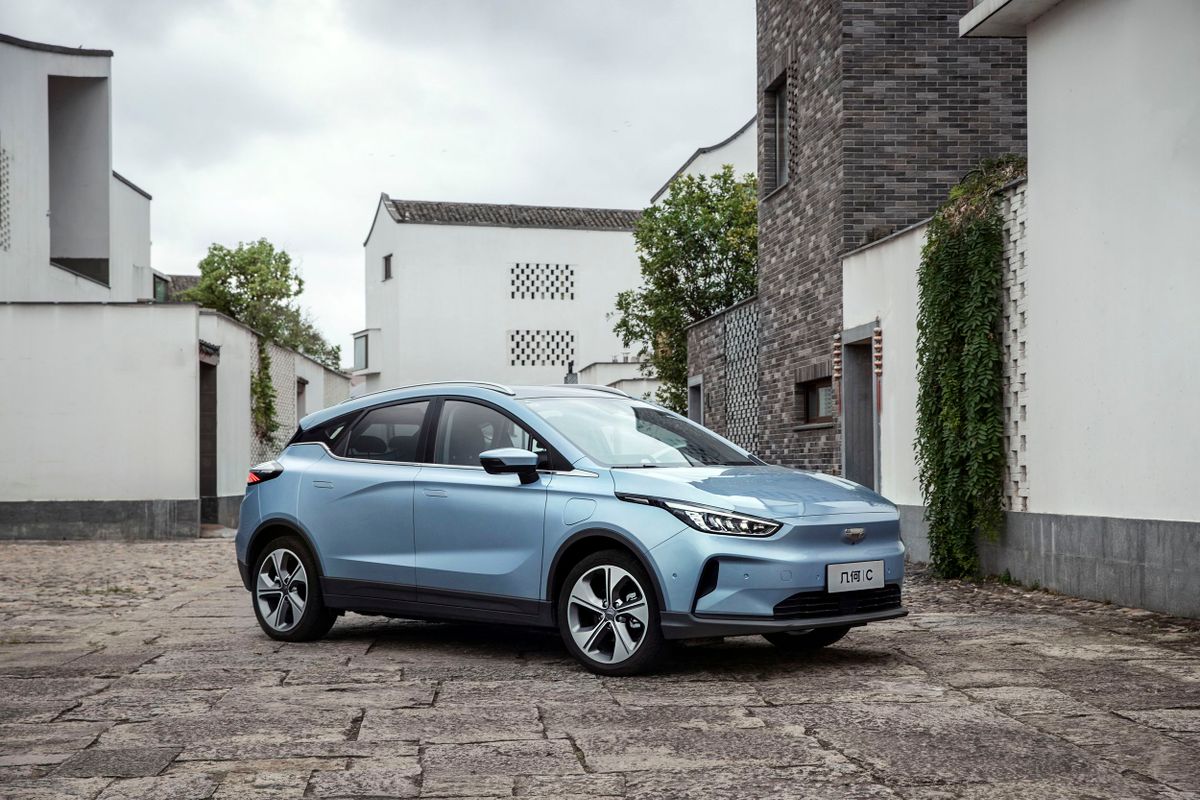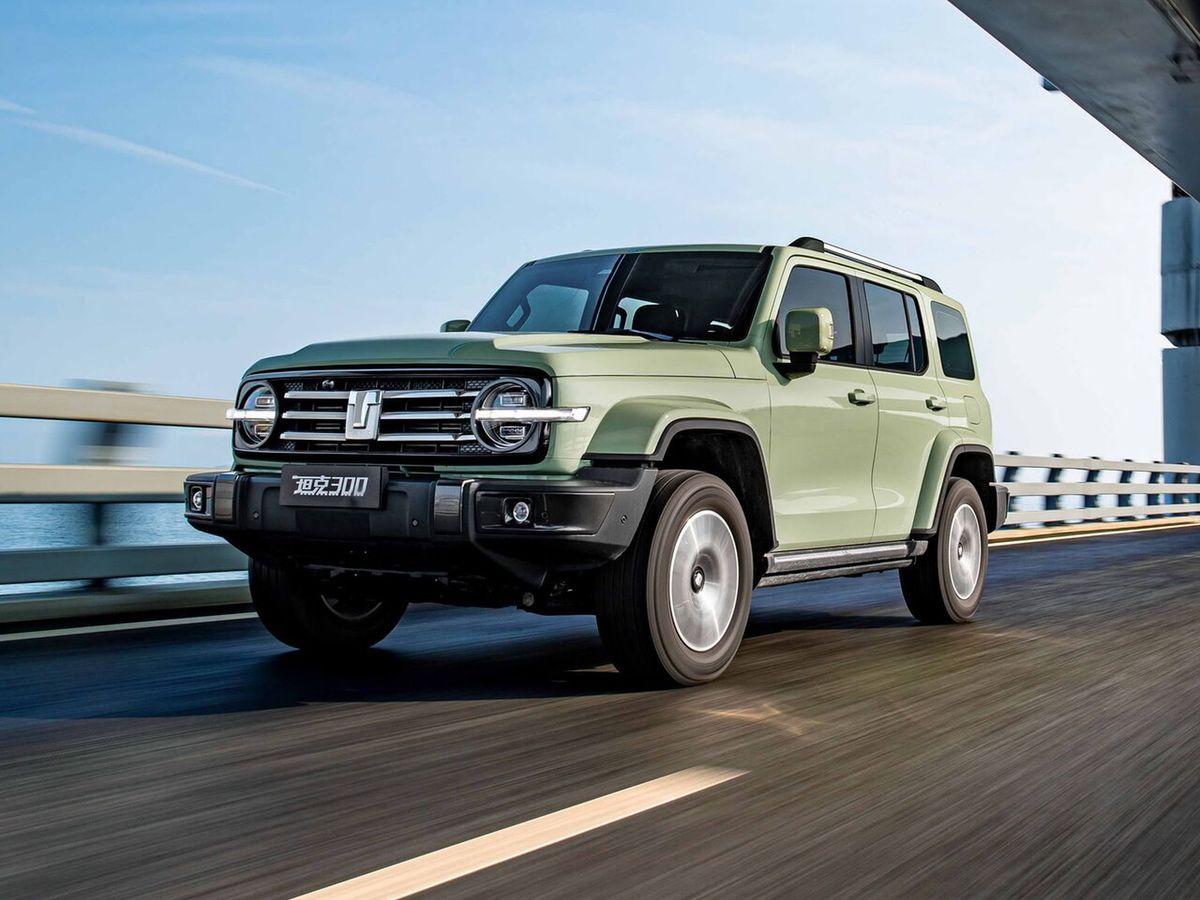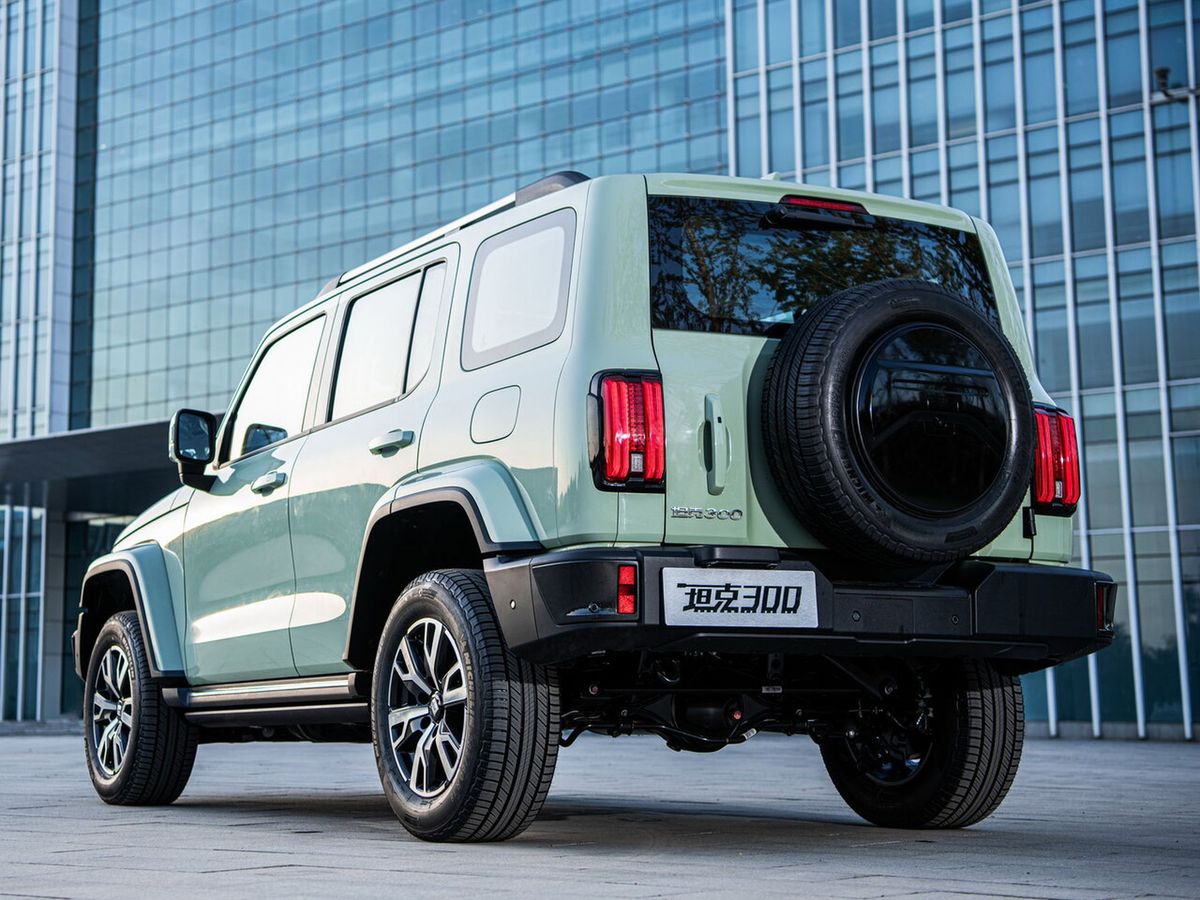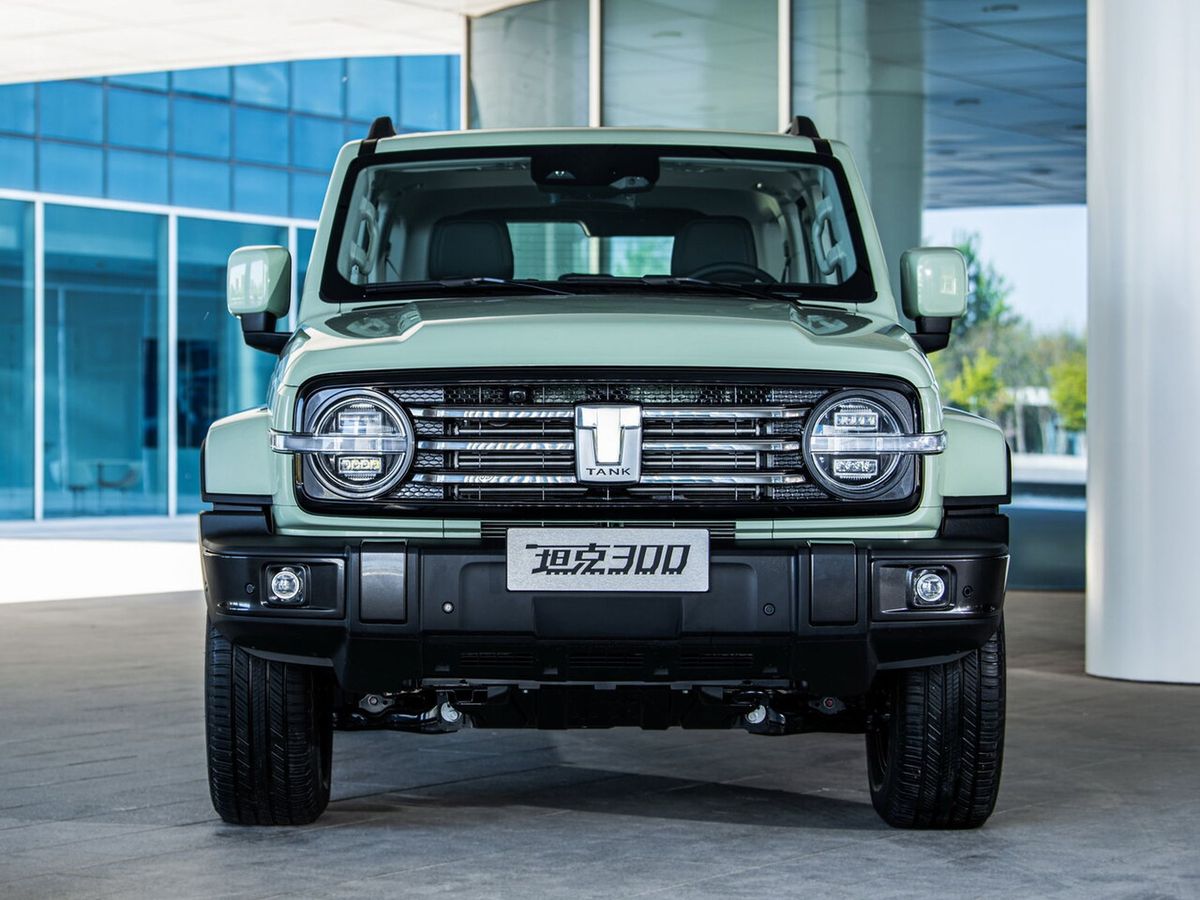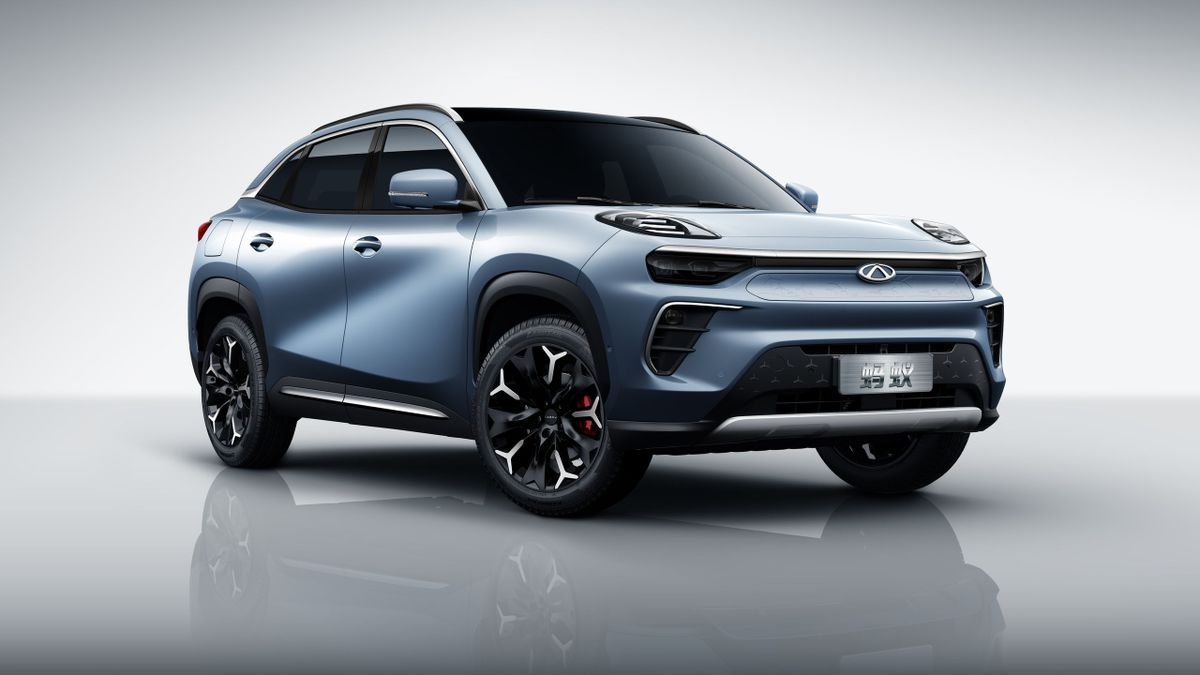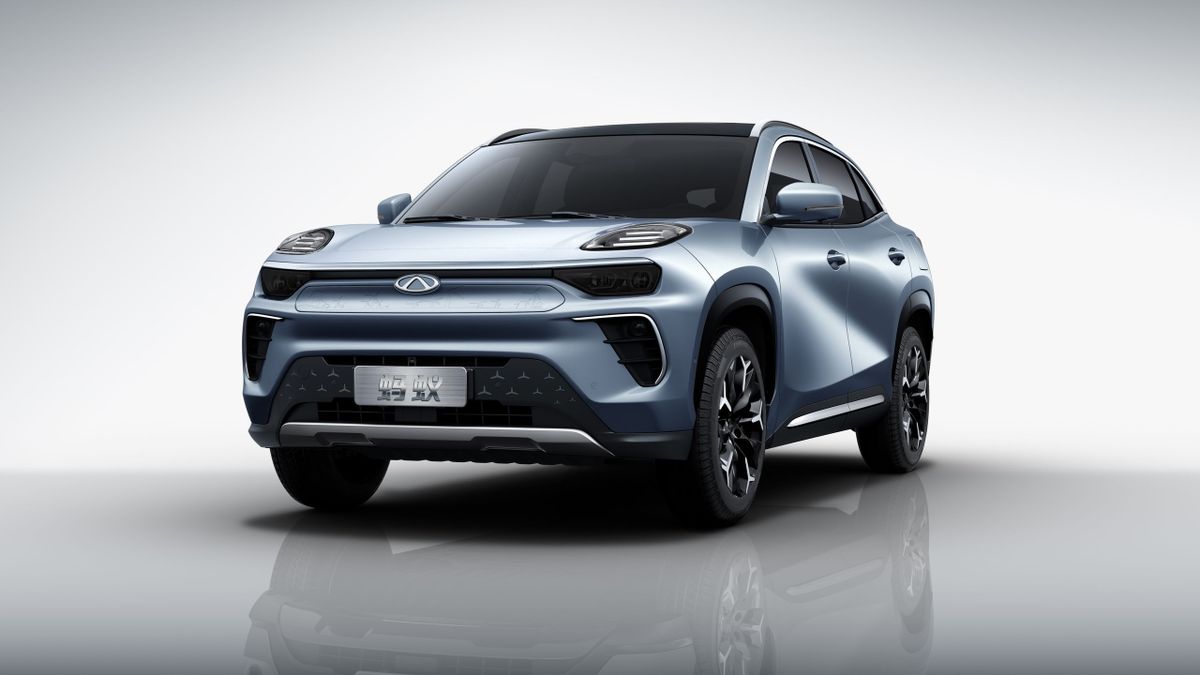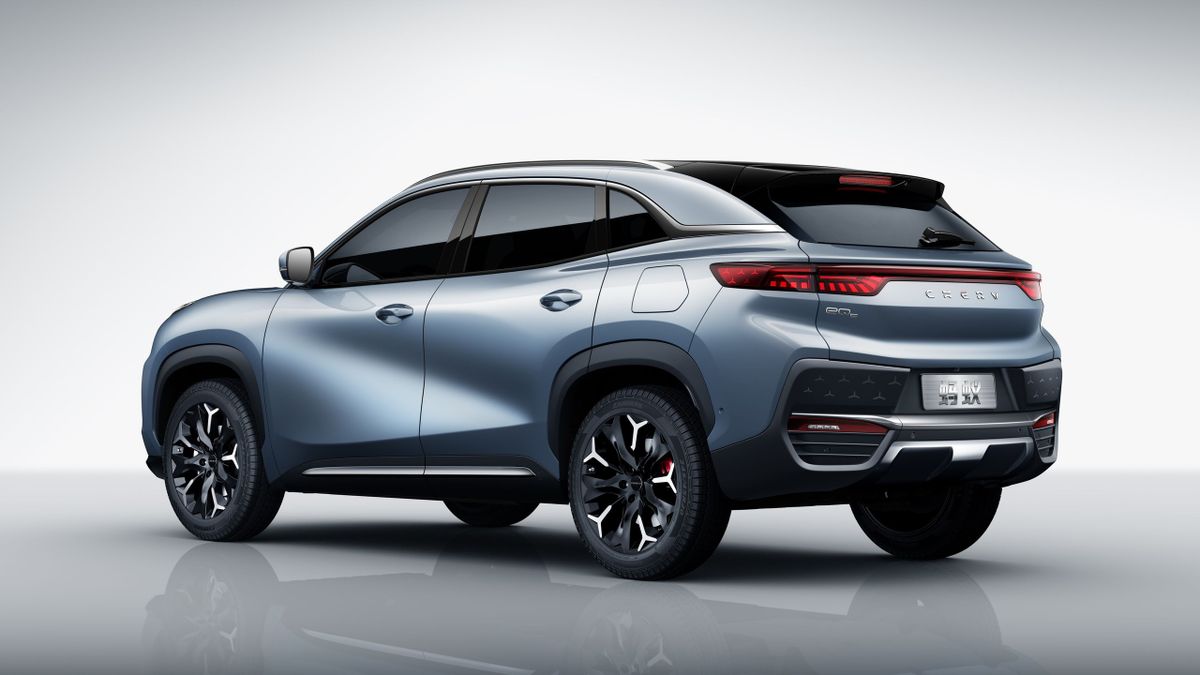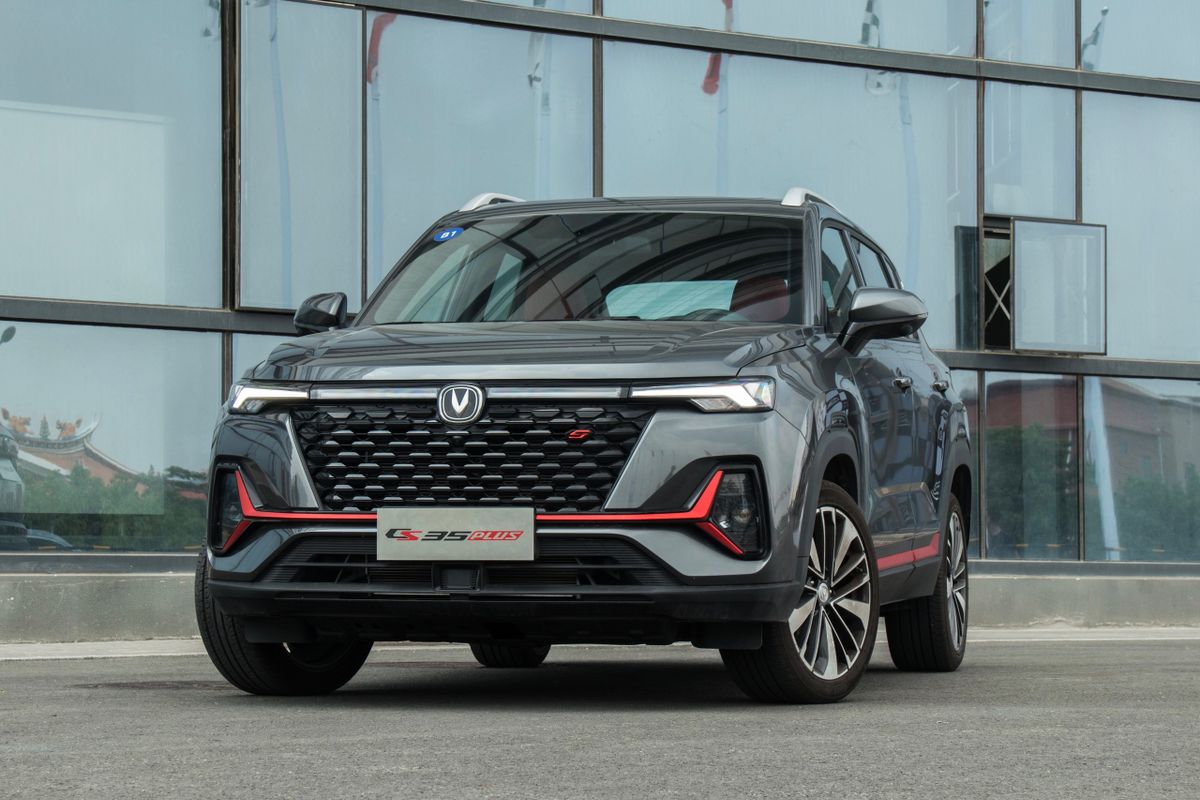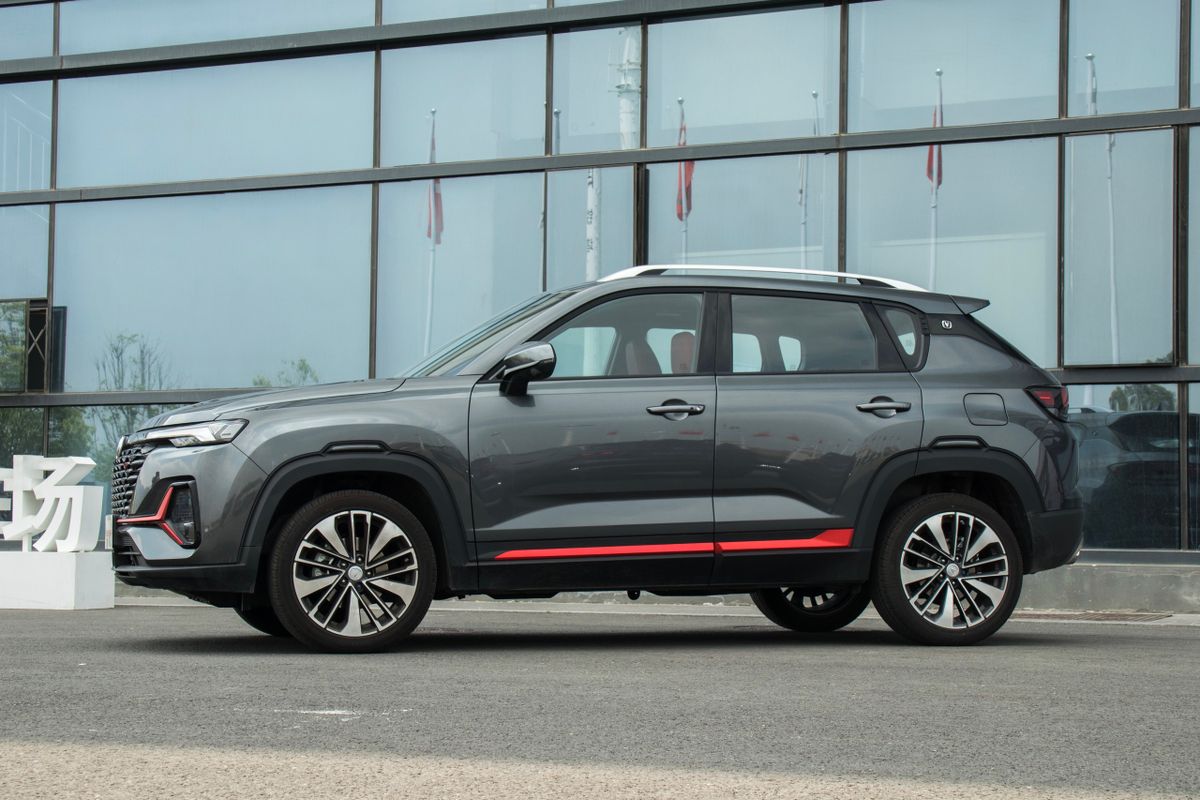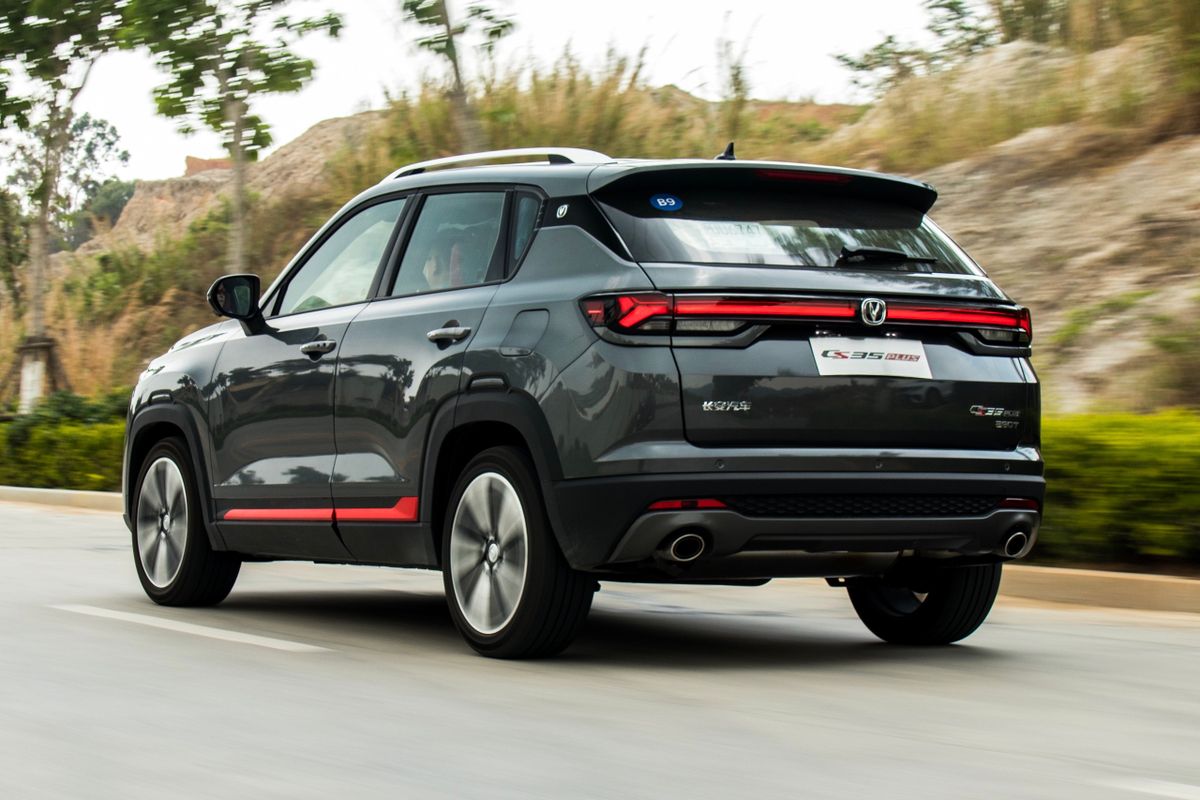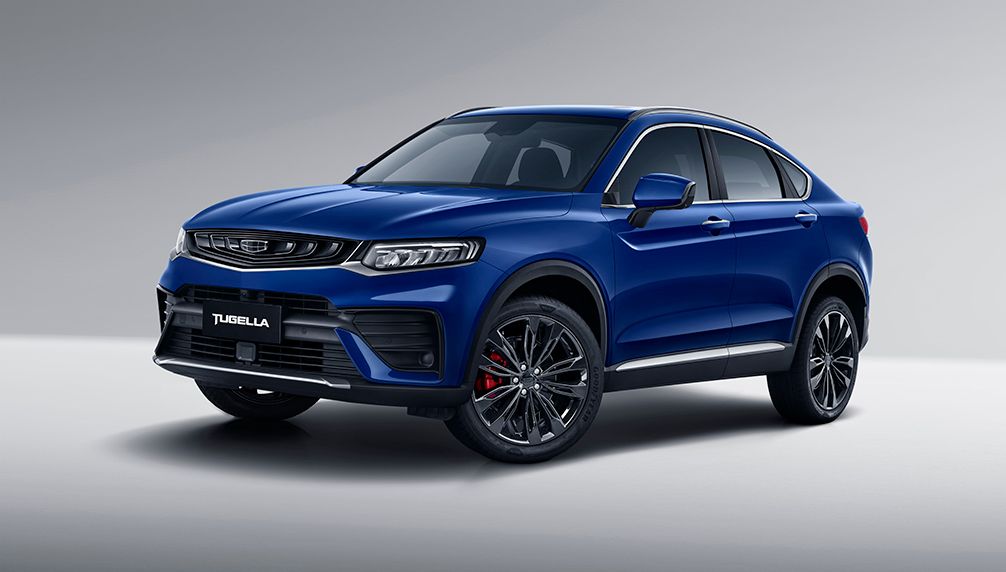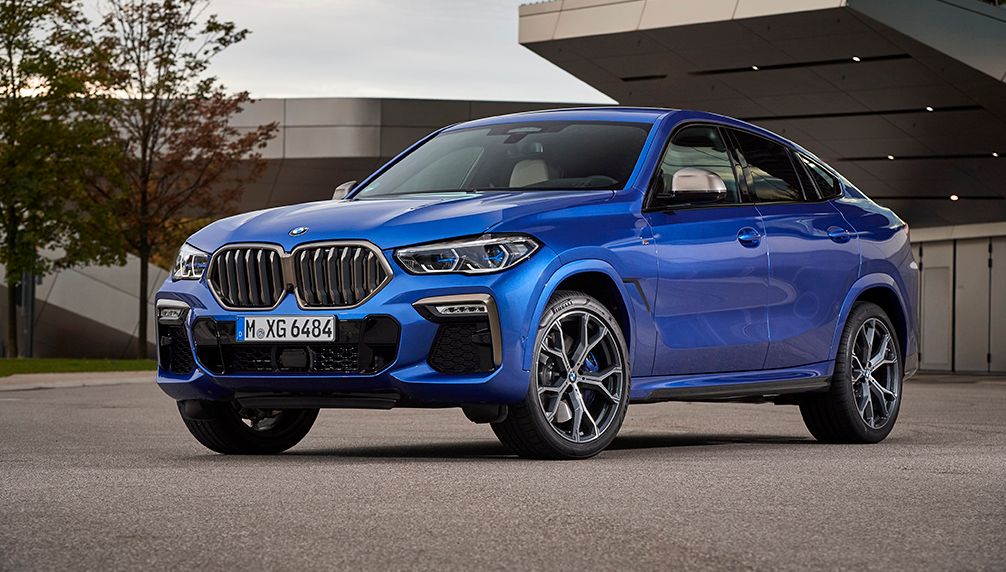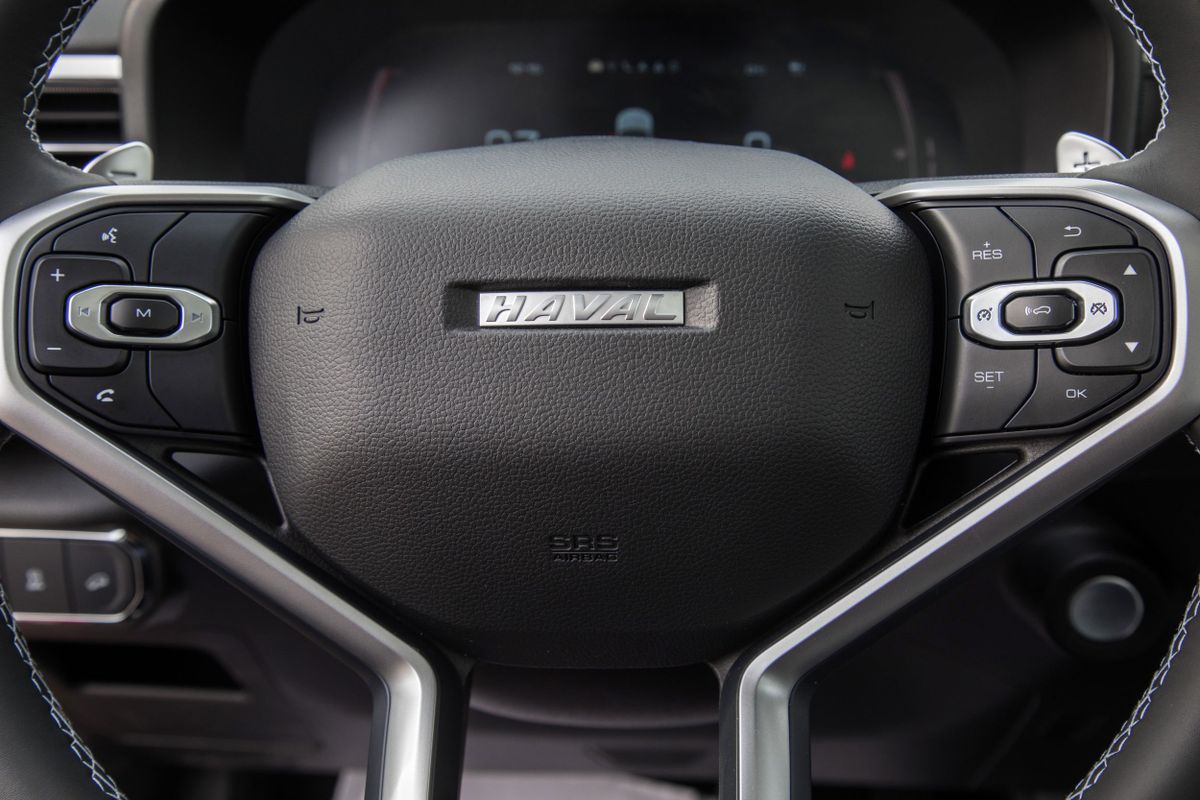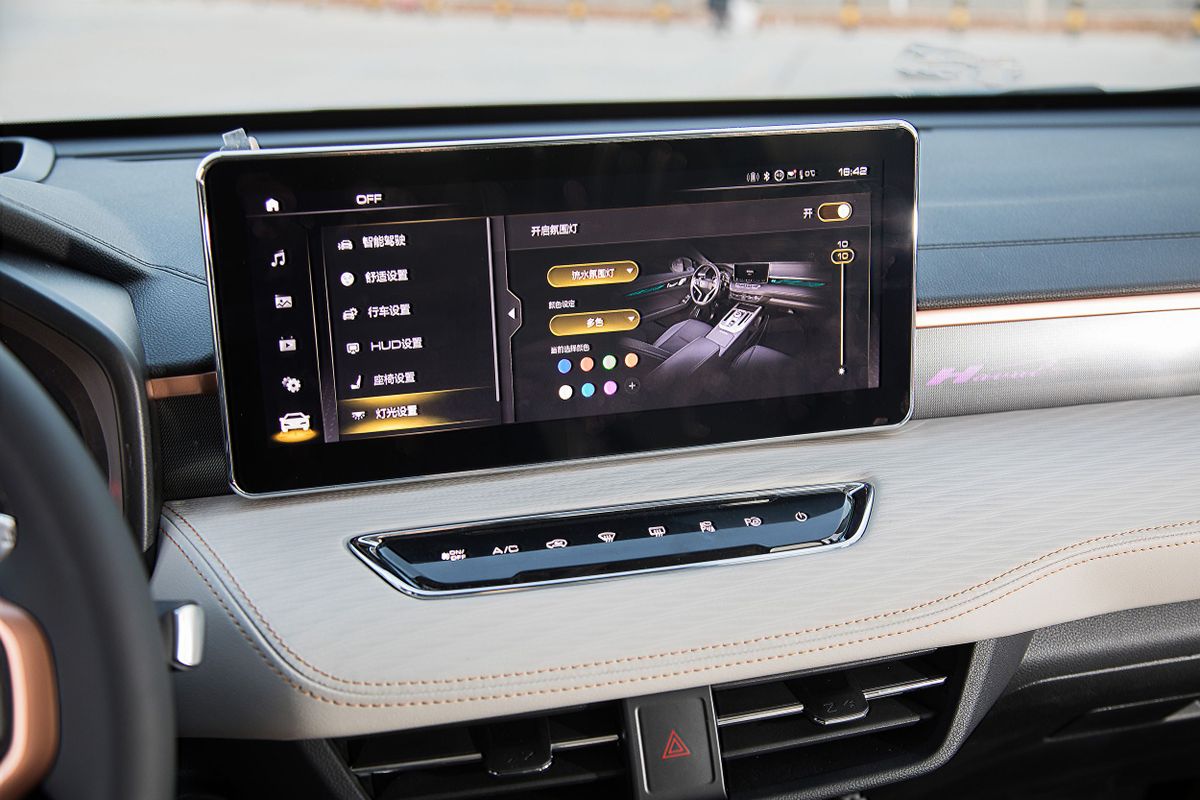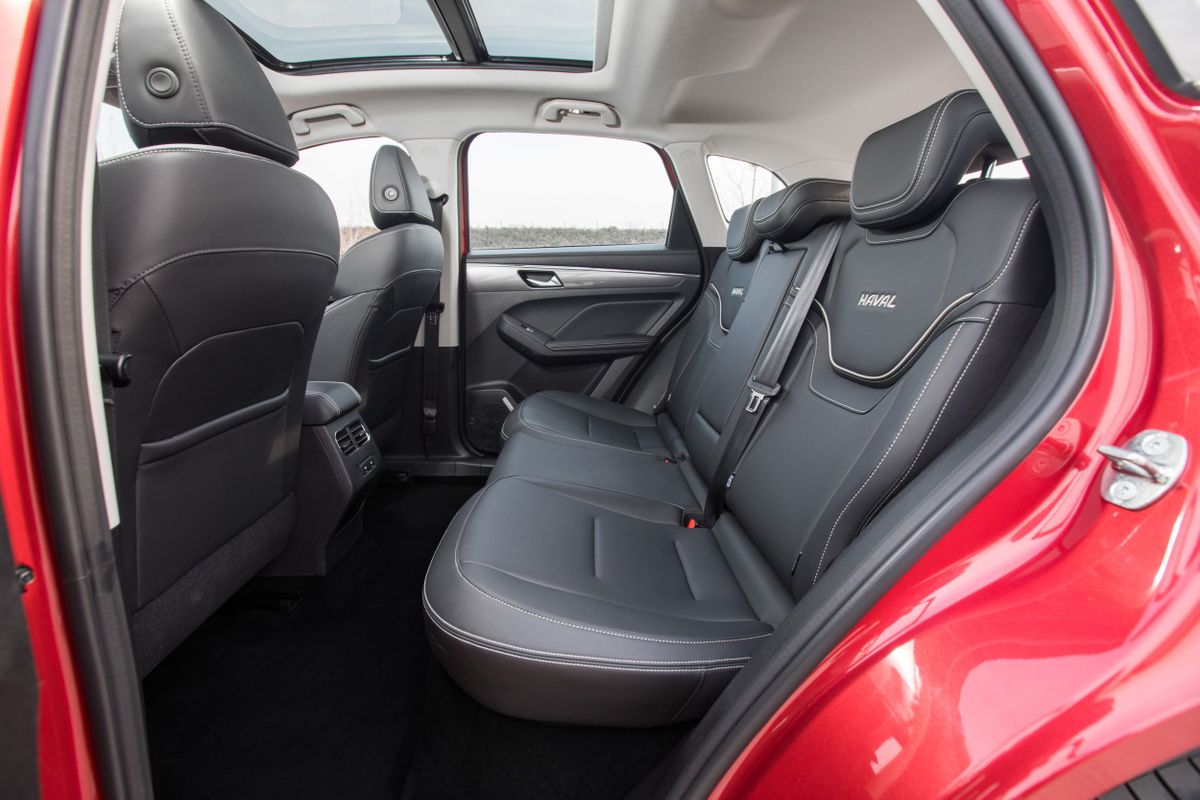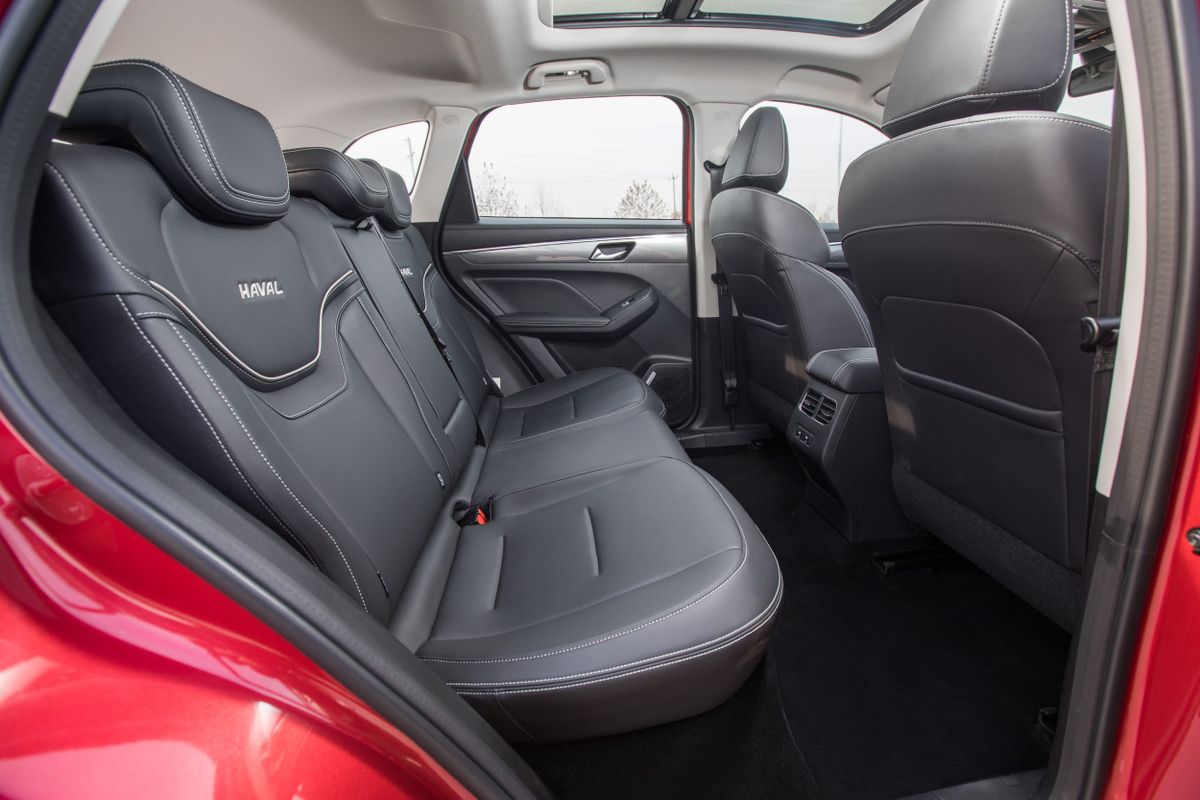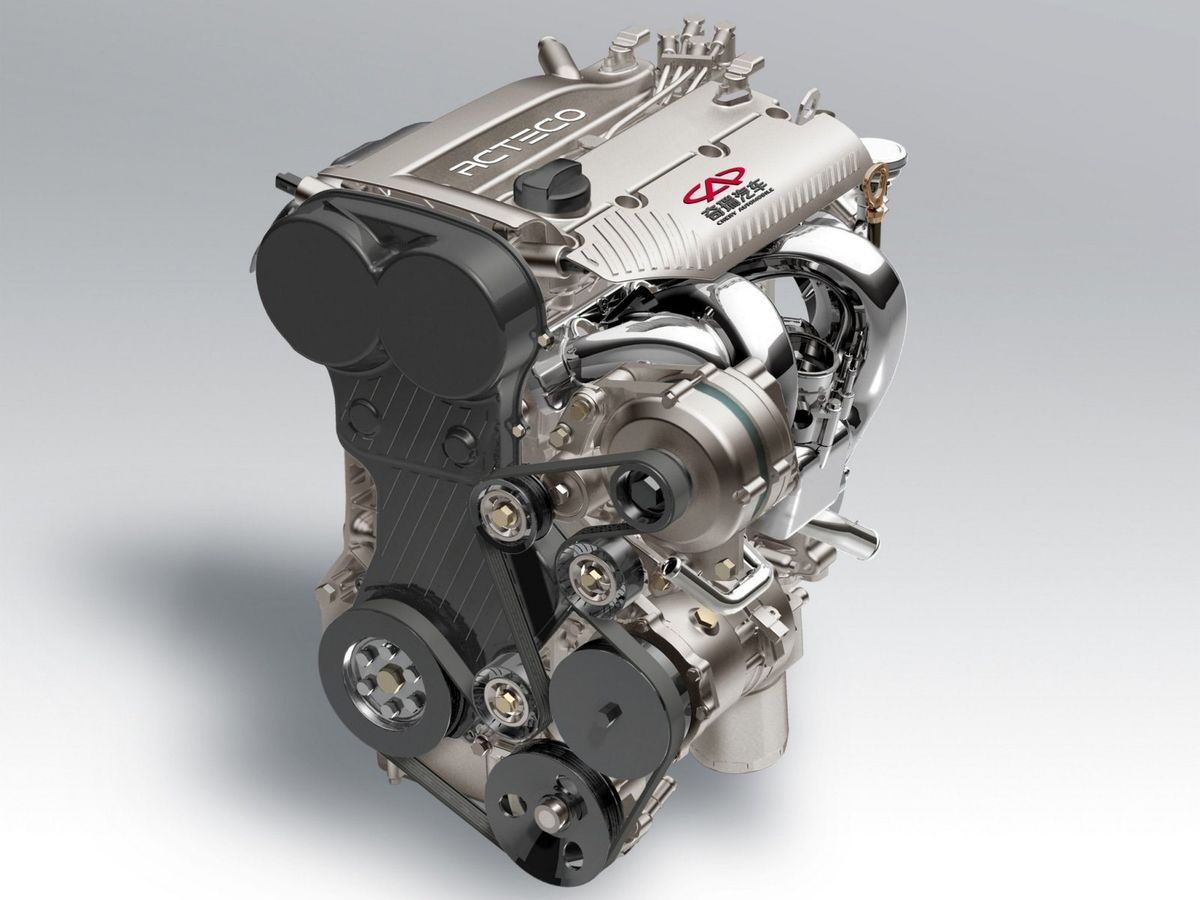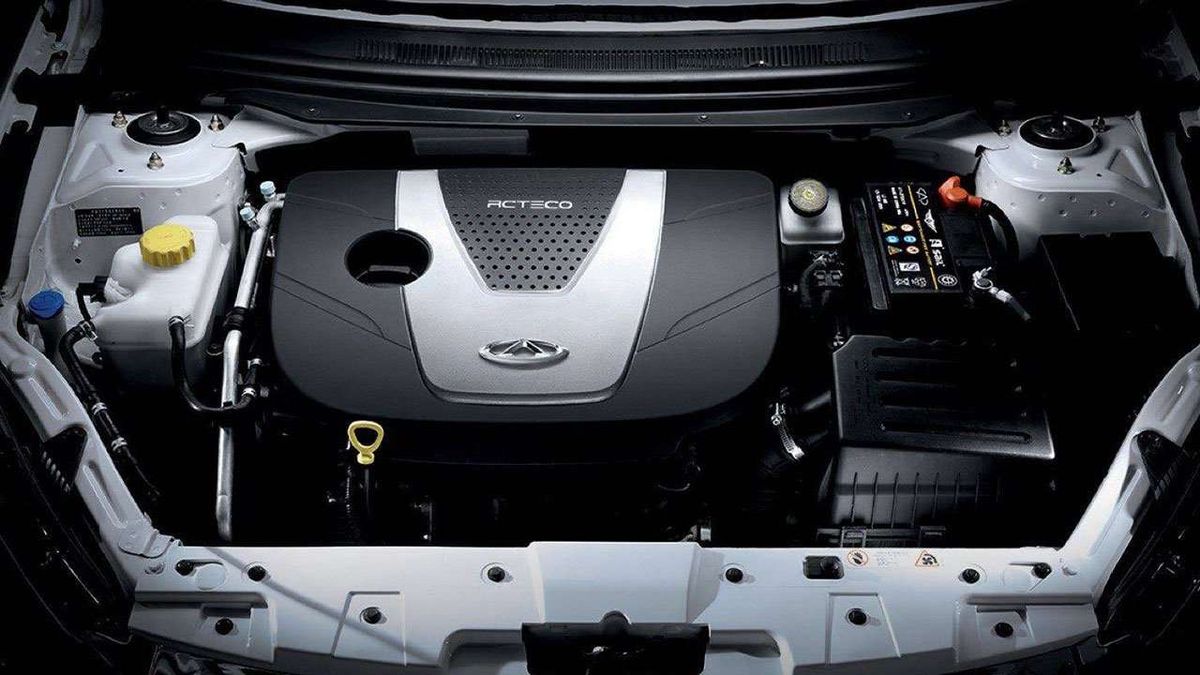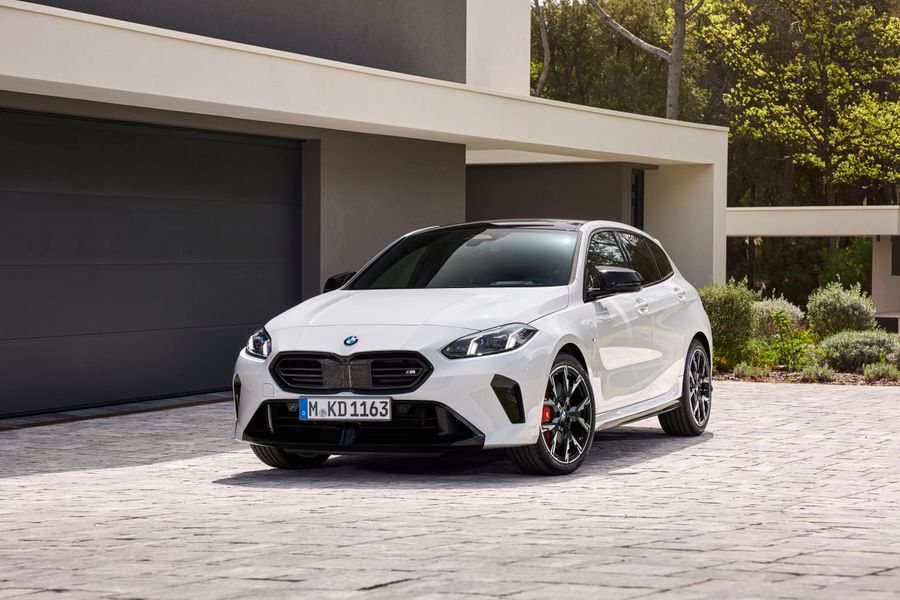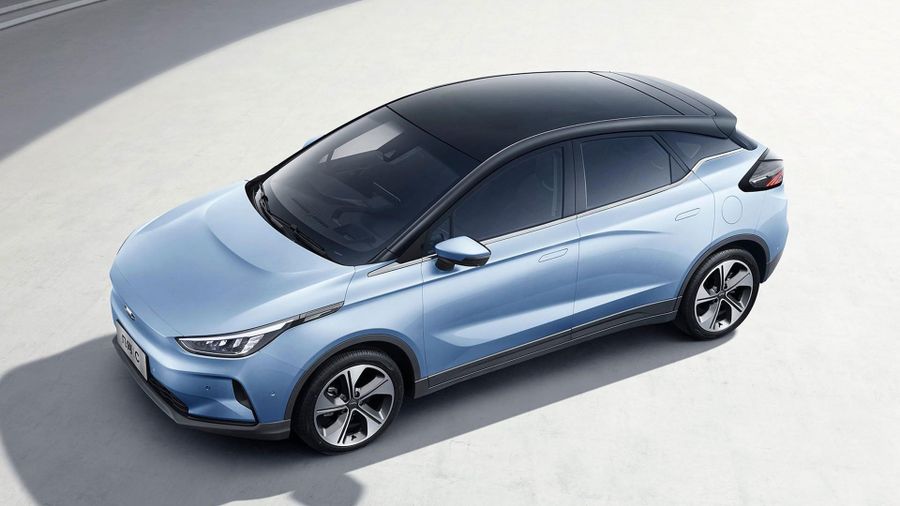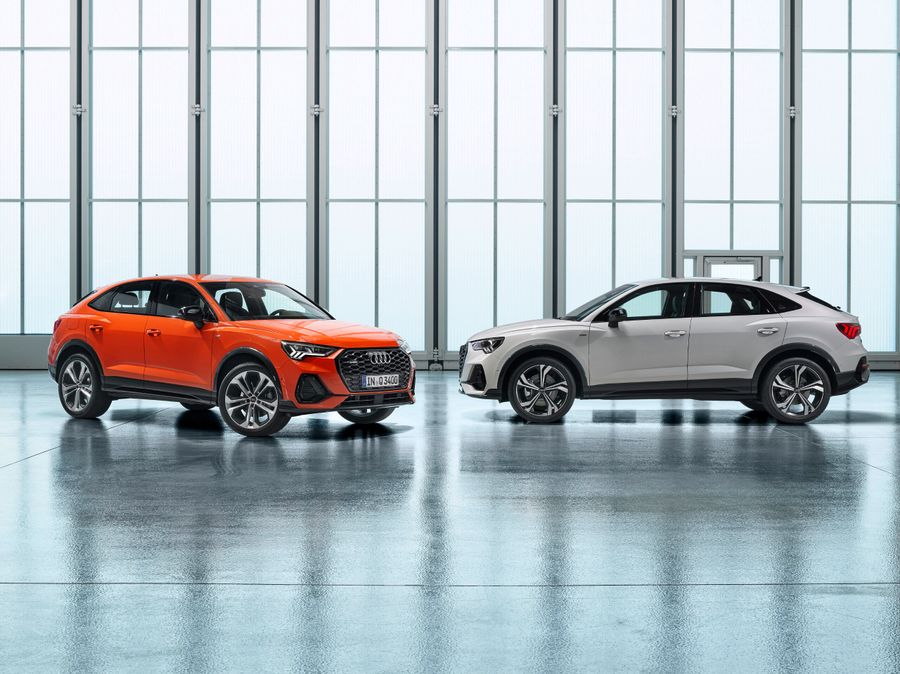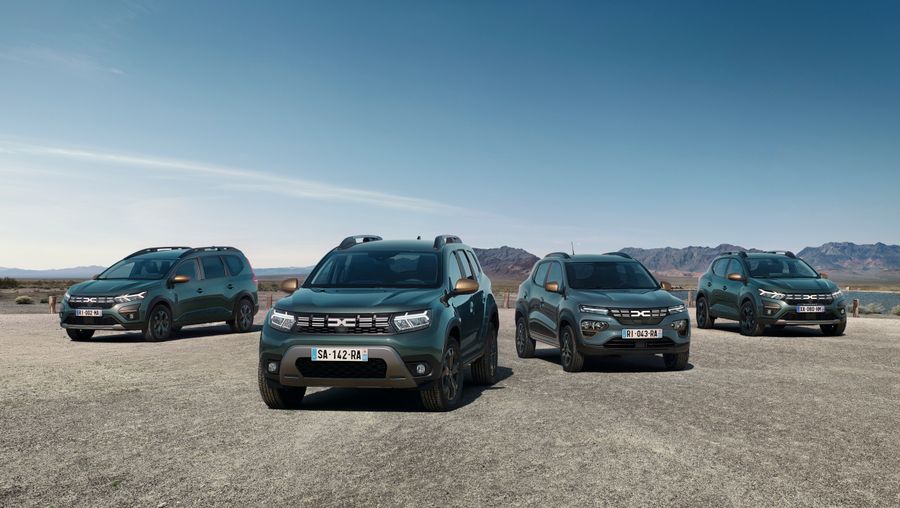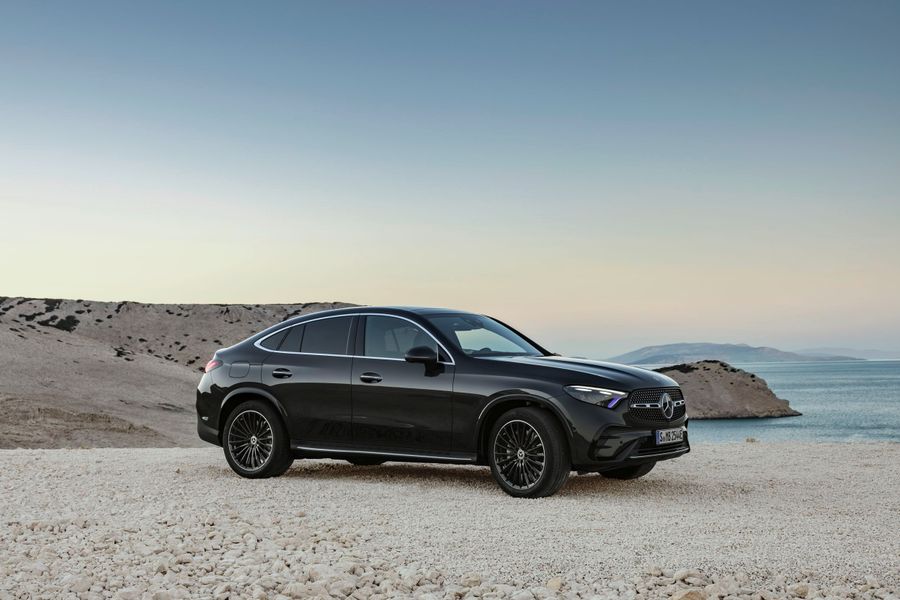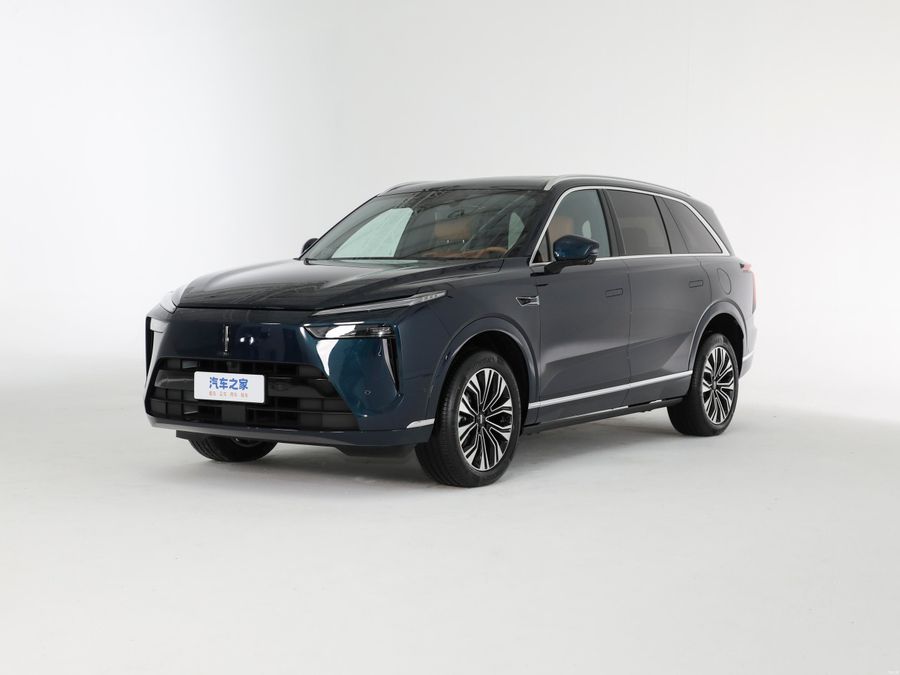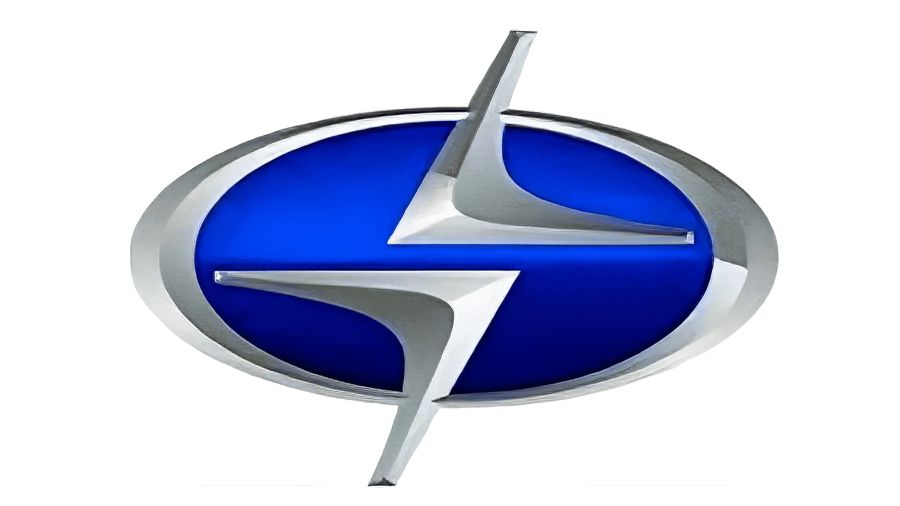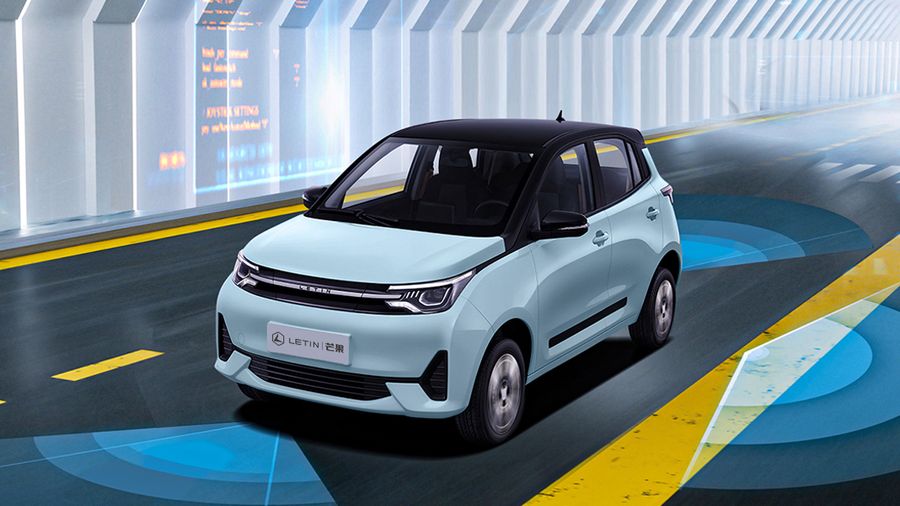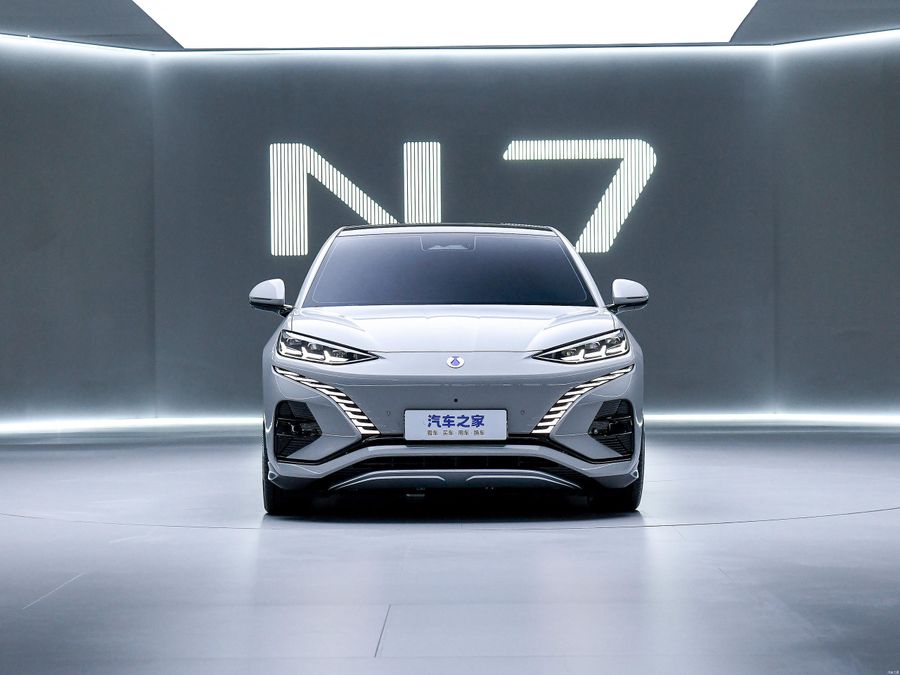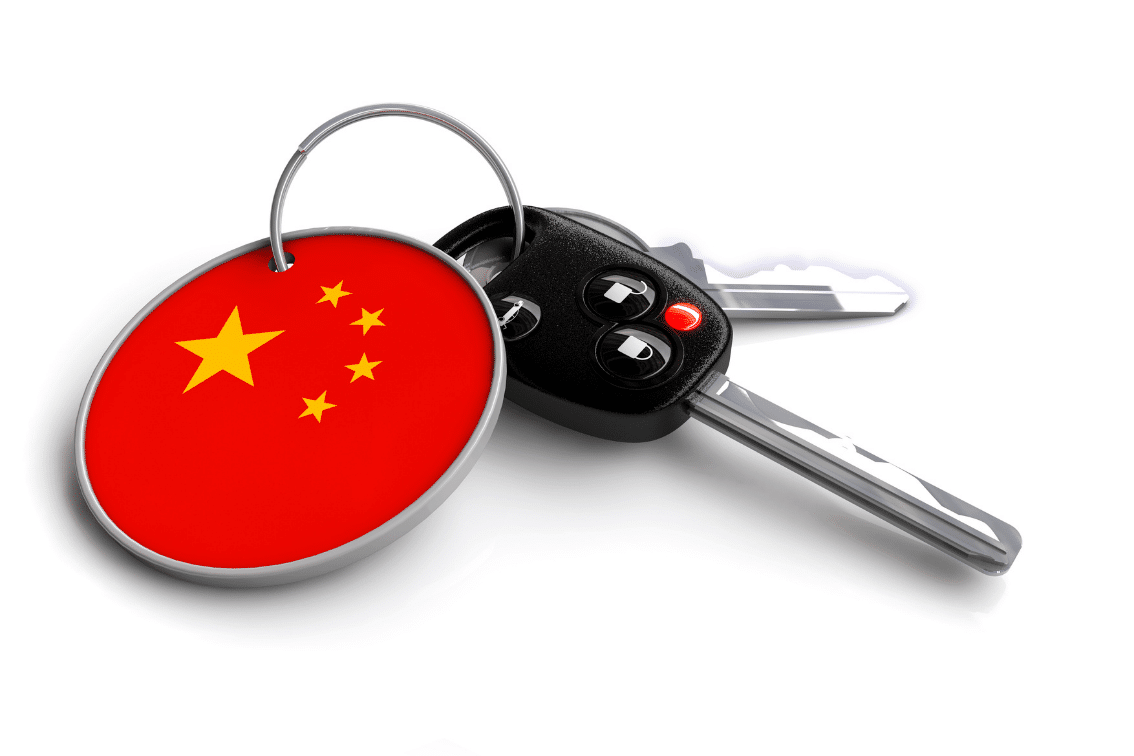
Advantages and disadvantages of Chinese cars
5 years ago, Chinese cars were not popular, but today the situation has dramatically changed. In 2022, cars from the PRC compete with Korean and Japanese cars, and their main advantage is the price. Design, attractive appearance and numerous electronic assistants are the highlight of modern Chinese cars. But the reliability of the powertrains, the resistance of the body to corrosion and safety in the event of an accident are more important. You will certainly not be able to evaluate it right away, an objective evaluation can only be given after a few years of operation. However, a lot can be predicted. Therefore, before buying, let’s study the advantages and disadvantages of Chinese cars.
Brief overview of the market leaders
There are more automakers in China than in any other country, over 80. The most popular are: SAIC Motor, Geely, Haval, Chery and Changan. They are also among the top 5 Chinese export record holders.
SAIC Motor
For every three Chinese cars sold overseas, there is one from SAIC. It is this group that the British brand MG now owns, represented in Israel by a subcompact electric SUV, the MG ZS and a plug-in hybrid SUV, the MG EHS PHEV. In addition, in Israel, the Maxus brand offers an electric SUV, the Maxus EUNIQ 6, and an electric minivan, the Maxus EUNIQ 5.
Geely
The largest Chinese company Geely cooperates with car manufacturers of safe, sports, hybrid, electric and even flying cars. In Israel, Geely is represented by its sub-brand Geometry, which provides us with an electric SUV, the Geely Geometry C. Here is a list of brands that belong more or less to Geely:
- Volvo - 100% stake in the Swedish car manufacturer
- Proton - 51% stake in the Malaysian car manufacturer
- Lotus Motor Cars - 49.9% stake in the British sports car manufacturer
- London Taxi Company (LTC) - 100% stake in the UK’s London taxi manufacturer
- Smart is now a joint venture with Daimler AG, engaged in the production of hybrid and electric cars, 9.7% of the capital
- Terrafugia is an American startup that develops flying cars
- Lynk & Co, equally owned by Geely Auto and Volvo, delivered over 11,600 cars to the European market in 2021
Haval
The Haval brand, producing cool SUVs and off-road vehicles, owned by the Chinese company Great Wall Motor, whose products are divided between 4 subsidiaries, including Haval, Tank, which produces real off-road vehicles, Wey, known for its series of ‘coffee’ cars, and ORA, created for the production of electric cars. Another brand, Saloon, will soon start producing its models, which use hydrogen as fuel. Haval models are already sold in 40 countries around the world. We hope they will also reach Israel.
Chery
Founded in 1997, the state-owned enterprise Chery is the first Chinese automaker to start export cars. In 2021, the brand celebrated the 20th anniversary of Chery’s entry into overseas markets. The company has 6 automotive plants and 11 assembly plants in China, Syria, Iran, Egypt and Uruguay. Israel was expected to start supplying an electric SUV, the Chery eQ5. But, apparently, plans have changed: in 2022, Chery will offer us three of its best gasoline SUVs at once: Omoda 5, Tiggo 7 Pro and Tiggo 8 Pro, here you can read more about each. In the global market, Israel will become the 22nd country where Chery sells its cars outside of China.
Changan
Founded in 1862, the state enterprise Changan entered the automobile industry in 1958 when the first all-terrain military vehicle was produced. The company has joint ventures with Suzuki, Mazda, Ford and Citroën. Today, the brand mainly produces SUVs with an attractive Italian design and tops the reliability rating of Chinese cars in the domestic market. It is not represented in Israel, but it may only be a matter of time.
Advantages and disadvantages of Chinese cars
Appearance and design
- ‘+’ - Chinese cars look pretty, and some are even very attractive, it’s not for nothing that automakers hire designers from other automakers around the world.
- ‘-’ - in many cases, Chinese cars are very similar to other well-known cars
For example, the Haval H9 body-on-frame SUV looks like a Toyota Land Cruiser Prado. In Israel it is simply known as Land Cruiser, here you can read about the latest generation. And the Geely Tugella SUV looks like a BMW X6. But Chinese automakers easily change the appearance to meet the needs of buyers. If they feel the design of the car is outdated, they simply release a new model, adding 'Plus' or 'Pro' to the name.
Configuration
- ‘+’ — in terms of configuration and equipment, Chinese cars surpass Korean, Japanese and European models.
For example, the entry-level Haval already has a heated steering wheel, light and rain sensors, touchscreen multimedia system, keyless entry system, engine start button and air conditioning. Expensive versions will have wireless charging, lane keeping assist, parking assistant, head-up display in the windshield, multi-color interior lighting, panoramic roof and adaptive cruise control.
- ‘-’ — uncomfortable ergonomics and illogical interior equipment;
- rugs do not hold well and slip on the floor;
- uncomfortable seats for long journeys;
- windscreen washer reservoir too small;
- plastic gas tank, which is not protected from below.
Engine and transmission
Chinese cars can be purchased with a classic atmospheric engine and an automatic transmission, or with the latest turbo engine paired with a robotic gearbox. Engines and gearboxes of Chinese models are mainly made on the basis of units tested on German and Japanese cars. Thus, Haval gearboxes and engines are technically similar to the German VAG. They are made in China and some of the components are supplied from Japan and America. But only time will tell how reliable these copies will be. New eco-friendly and fuel-efficient turbo engines, CVTs and robotic gearboxes of any make and model on the aftermarket are wary.
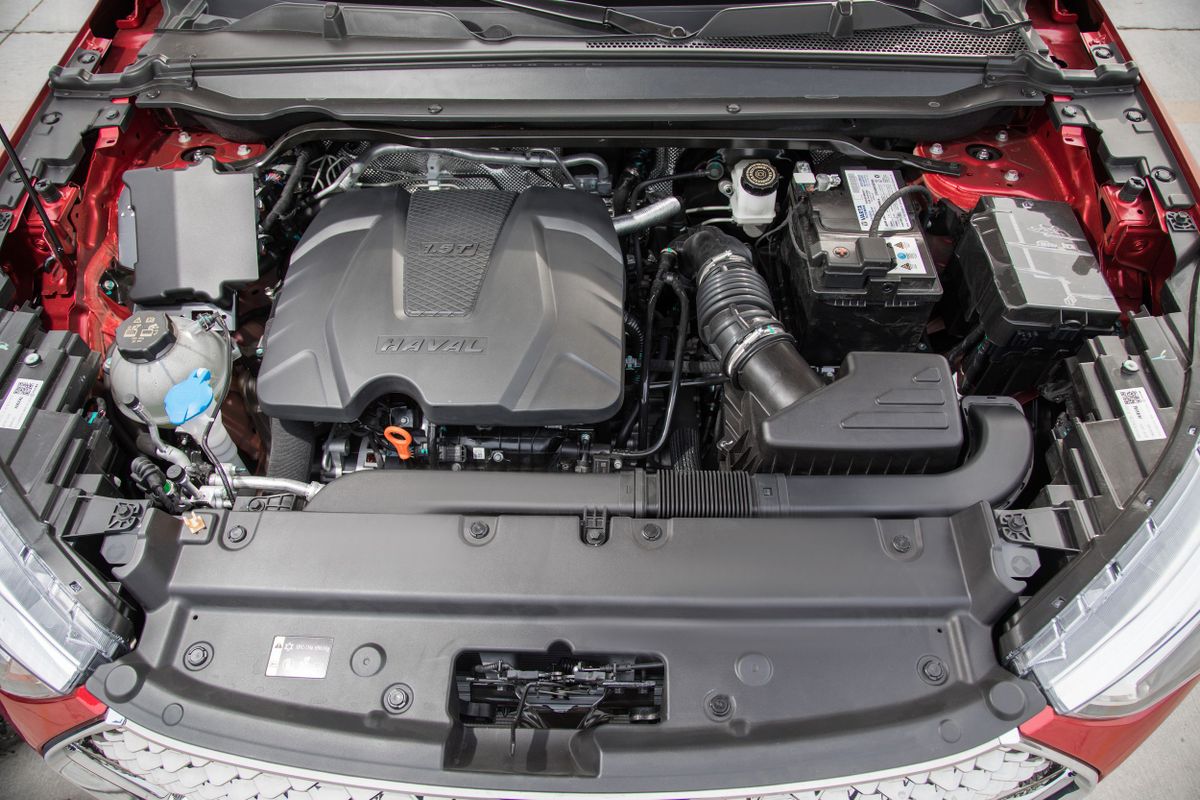
The Chery brand, which we expect in Israel, develops and manufactures its own engines together with the Austrian company AVL. The SUVs are already equipped with the third generation Acteco engines. Chery is so confident in the reliability of its devices that it has announced a lifetime warranty for them (but only for the Chinese market).
The problem with Chinese cars is that a classic AISIN automatic transmission is combined with a 1.5-liter engine and the car almost does not drive, in another case the combination of the engine and the robotic gearbox works with discomfort for the driver. The car jerks when starting or ‘thinks’ when changing gears. Companies are trying to solve this problem with new software and gearbox adaptations, but it does not get much better.
Paint quality and corrosion resistance
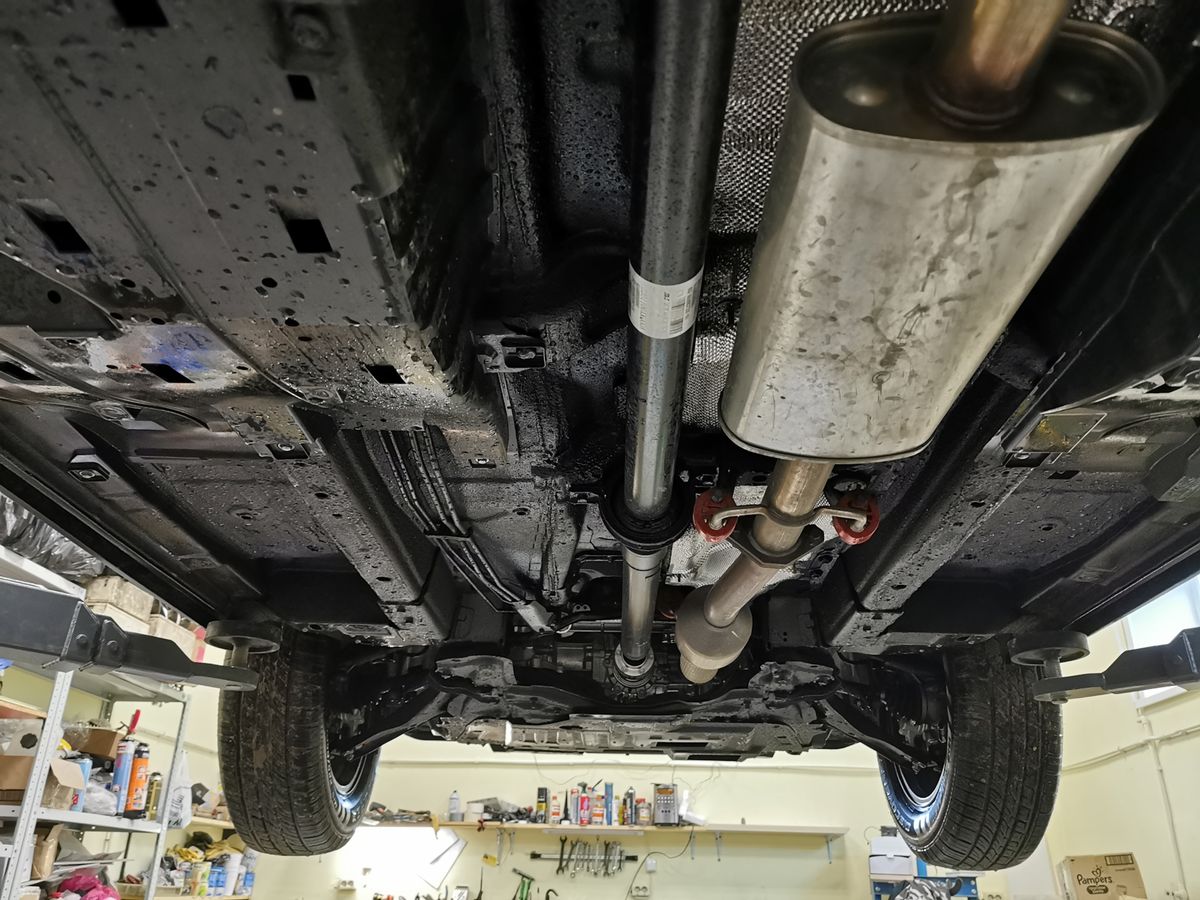
Automakers claim to have solved the corrosion problem. For example, at Haval, 85% of the bodywork is galvanized: that’s the whole car, with the exception of the roof. The thickness of paint and varnish coverage varies from 77 to 120 microns. Visible parts of the body will remain beautiful for a long time, but if a chip appears on the roof, rust on the metal will appear almost immediately. And if nothing is done about it, a hole may well appear in it around the fifth year. Also, in Chinese cars, the bottom is treated quite strangely. The anti-corrosion coating is partially applied at the factories: somewhere it seems to be there, but it is not difficult to find untreated areas. For those who will buy a used Chinese car over 5 years old, we recommend to put the car on a lift and look down: there may be rust. But for the Israeli climate, nevertheless, this is not characteristic.
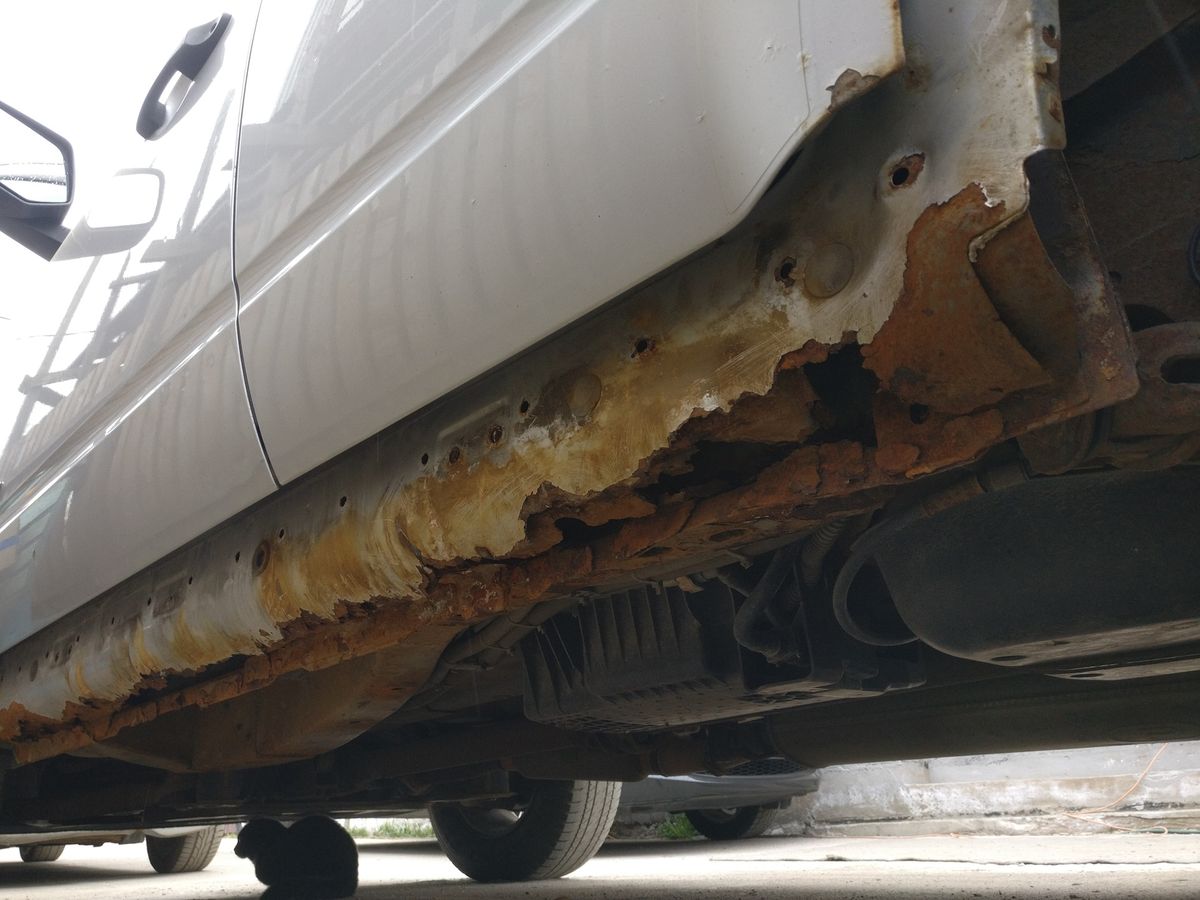
Build quality
Analytics agency Avtostat asked Chinese car owners if they were satisfied with the build quality: Haval got the most points, Lifan got the least. More than 8,000 people took part in the survey, and about 4,800 of them believe that the build quality of Chinese cars has improved significantly over the past 5 years. In addition, manufacturers admit mistakes and are ready to fix them: in case of serious problems, they organize recall campaigns, for example, Geely and Haval did this, and Chery carried out a service campaign: owners were invited to the service center if similar breakdowns occurred in at least five cars in the country.
Summary
In general, over the past 3-5 years, the quality of Chinese cars has increased significantly, and their cost remains the most important advantage. Ultimately, the decision is yours and yours alone. The buyer always votes with their money.
Israel has begun to actively receive new Chinese electric vehicles. And over time, there will be more and more. We have prepared for you an interesting article on the reasons for China's rapid success in the electric car market. And at the same time, we have compiled six Chinese automakers predicted to conquer Europe.


